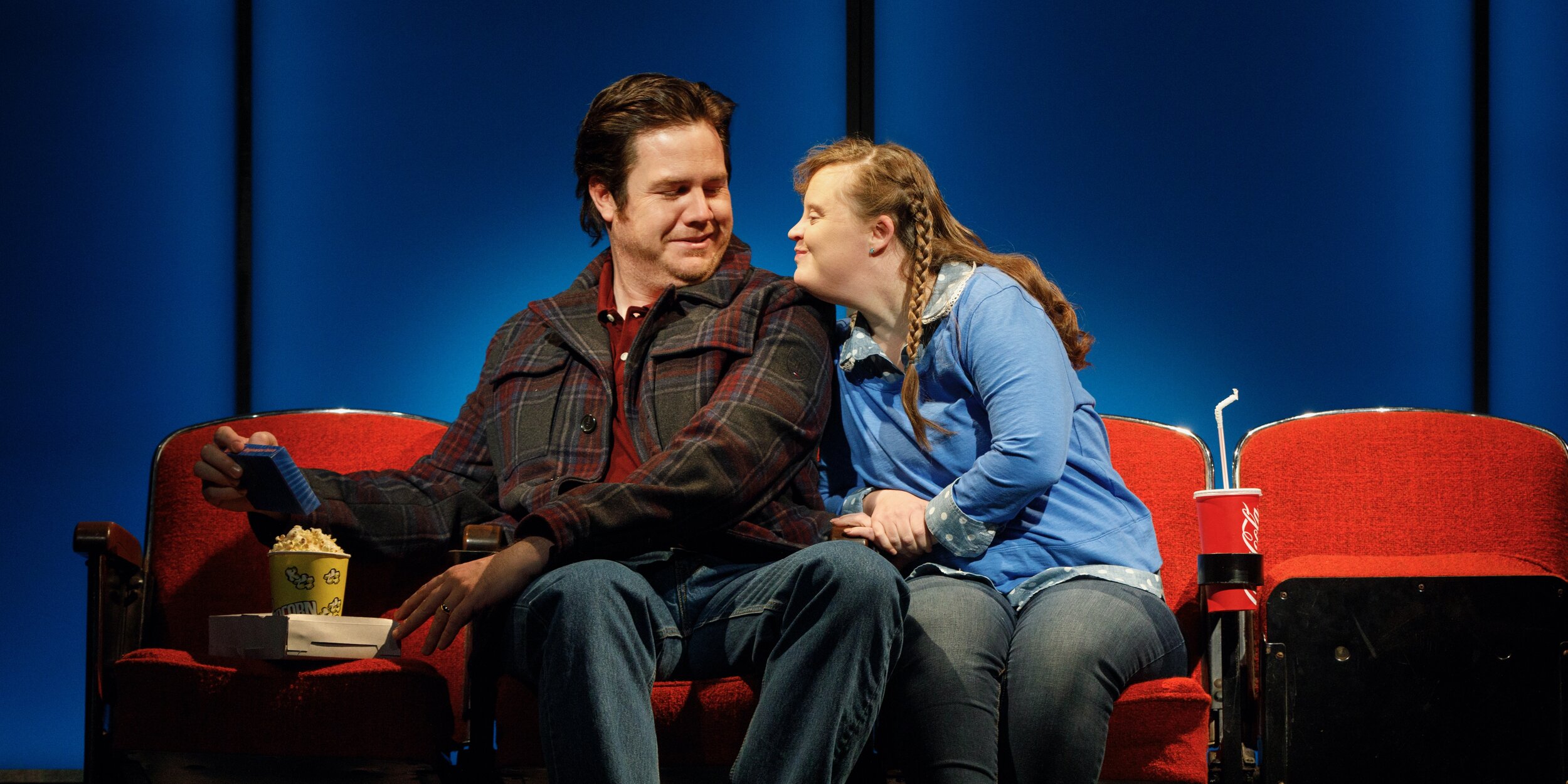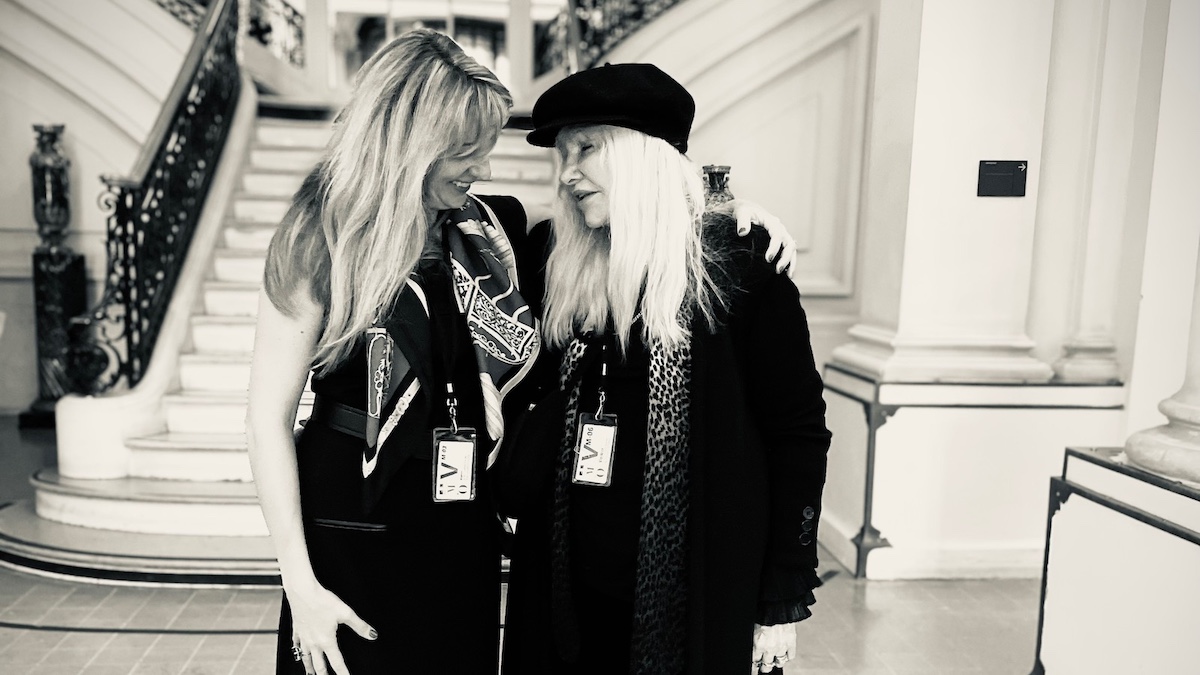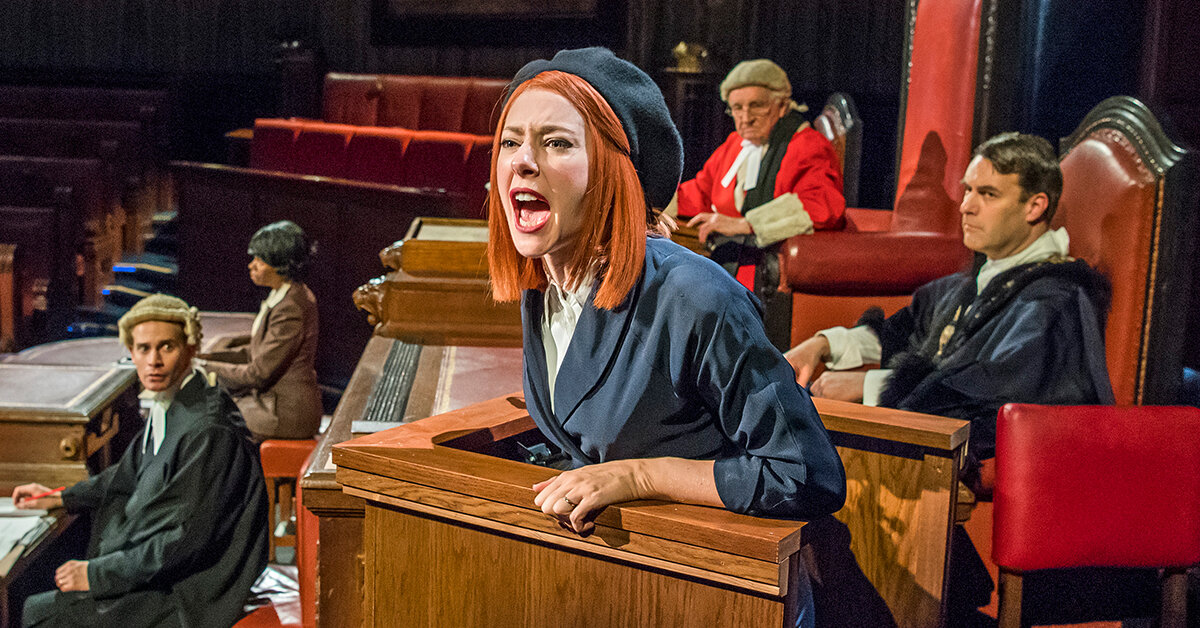
The landscape for actors with disabilities is changing dramatically. The 2019 Tony Awards made history in awarding Best Featured Actress in a Musical to Ali Stroker, the first woman in a wheelchair to receive the award; in 2018 Amy and the Orphans featured not one, but two incredible actors with Down syndrome, and Shia LaBeouf is playing supporting cast to Zack Gottasgen in the upcoming film The Peanut Butter Falcon. Even just a few years ago, we would have trained a non-disabled actor to play a person with a disability, now we hire actors with the disabilities themselves. But despite the ever-expanding roster of films, television and theatre that represents people with disabilities, there are still plenty of myths surrounding their hire as performers.
No one knows this better than Gail Williamson, an agent who specializes in actors with disabilities at Kazarian/Measures/Ruskin & Associates Talent Agency. Gail began her career when her son with Down syndrome couldn’t find an agent after being cast in a commercial for the Special Olympics. Despite his work ethic and ability to perform just as well as a non-disabled person, there was still too much stigma surrounding actors with disabilities to find work. After years of volunteering, Gail now represents some of the top actors with disabilities, including Jamie Brewer from American Horror Story and most recently Amy and the Orphans. Since reviving her department six years ago, KMR clients with disabilities collectively went from an income of $50,000 to $3,000,000. She has made it her mission to get more visibility for people with disabilities and has been instrumental in dispelling the myths surrounding them.
1. Having a non-disabled actor play a person with a disability will be the same experience.
It won’t. The arts are about authenticity, and while an actor with a disability may take a little bit more effort, you will ultimately get the most authentic character, and therefore, a better show. “Look at that ending monologue from Amy and the Orphans,” says Williamson, “When they quote ‘I could have been a contender’ it’s so powerful. How powerful would that be coming from someone non-disabled? You’re hearing it truly from the mouth of someone who understands. When the actor is representing their own life’s journey, the response from the audience will be so much better.”
2. It will be too difficult to work with an actor with a disability.
“Disability” can mean a number of things, and all actors come with extra considerations.
When talking about actors with Down syndrome specifically, “It’s a spectrum,” says Williamson. “Plenty of people with Down syndrome can memorize. What’s more is they will be dedicated, and they will deliver.” Many actors with disabilities come with care/support, which can come in handy for the producer. While it may feel strange to have someone else in the rehearsal room, ultimately this support may be able to assist.
3: It will cost more to hire an actor with disabilities.
One of the biggest hurdles people think of when considering hiring an actor with a disability is the cost. Salary is typically already factored into the budget of a production (if applicable), but it’s insurance that scares most people. According to Williamson, your insurance will not, in fact, increase. But there are other costs to consider.
If your actor is in a wheelchair and your theatre does not have ramps, you will need to front the cost to make sure they can access the stage. “But just look at Ali Stroker. Oklahoma! on Broadway had to make sure ramps were put in for her, but it was so worth it for her to be able to perform her Tony-winning portrayal of Ado Annie. But even if it weren’t for her, it’s work worth doing anyway. All theatres should be accessible.” Dietary restrictions are also a consideration. Celiac disease is common in the Down syndrome community, but again, it’s not much different than asking for the restrictions of non-disabled actors.
“Depending on the actor, the production might want to hire a coach to work specifically with the talent with Down syndrome. That could make things easier and give the director more time with the other cast members while the coach and the talent work out the director’s instructions. Neither Jamie or Eddie needed this support, but someone else might.”
And as far as payment goes? Pay them the same you would the rest of your cast.
4: It’s too difficult to find actors with disabilities.
This is perhaps the most prevalent and troublesome myth — there are plenty of actors with disabilities, but the exposure just isn’t there.
First, if a character is not specified to be a person with a disability, it does not mean you cannot cast someone with a disability to play them. Again, the recent production of Oklahoma! is a perfect example. When you put out your casting calls, open it up to all abilities. You will be pleasantly surprised by the outcome.
If you are specifically looking for an actor with a disability but are not sure where to start, Williamson suggests putting it, first, in your breakdowns. Actors with disabilities are always on the hunt for parts, and if you take the time to be specific, you will likely get an answer. If you are a professional company, reach out to agents directly as well. Not only will they be able to help you, but it will increase visibility and show there is a demand for these actors.
If you are not working through agents, a great place to find actors with disabilities as well is by reaching out to local organizations. For Down syndrome specifically, speak with your local Down syndrome organization and ask if they have any actors. They usually know where to send you.
But if you still hit a roadblock, Gail Williamson herself is happy to make introductions for you. Simply reach out to her by email at gwilliamson@kmrtalent.com. She is always here to help!
To purchase a copy of Amy and the Orphans, click here. For performance rights, click here.
Header Image: 2018 Roundabout Theatre Company production of Amy and the Orphans (Joan Marcus)

Kate Chopin in New Orleans: Mother-Daughter Author Duo Collaborate on Historical Book

Heathers The Musical: 10 Facts for 10 Years

